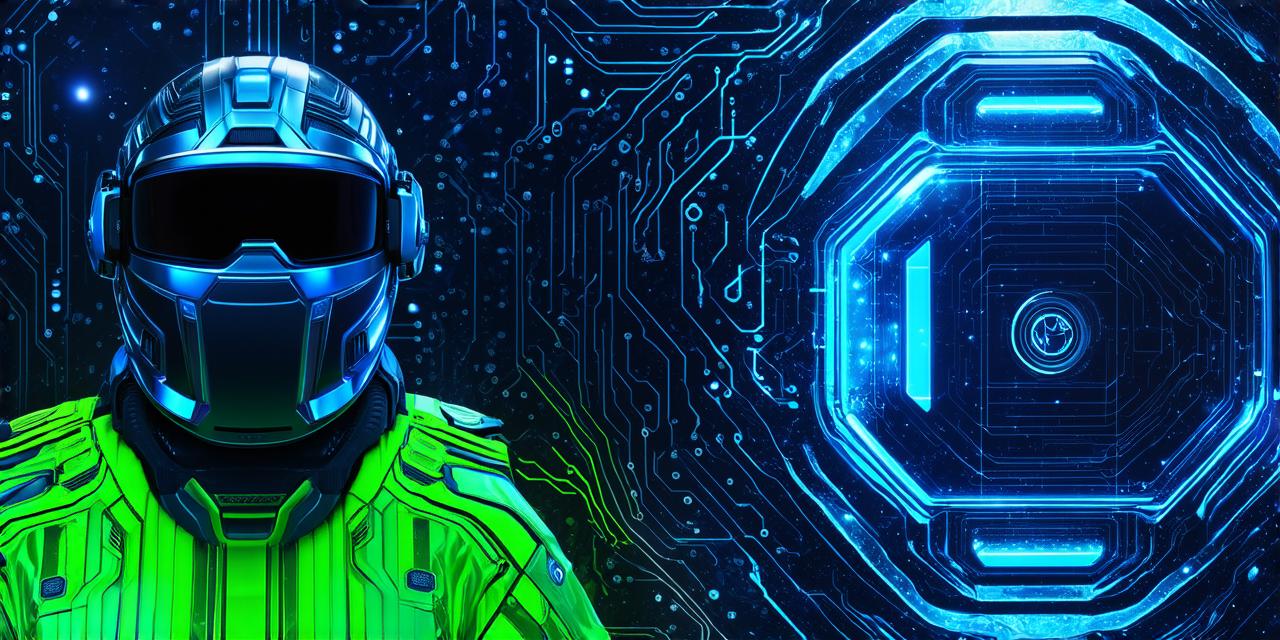Have you ever heard of the term “meta”? Maybe you’ve seen it on social media or in gaming communities. If not, then you’re probably wondering what it means. Well, in this article, we’ll explore what “meta” and “the metaverse” mean and how they are related.
What is “meta”?
The term “meta” is derived from the Greek word “metathema,” which means “to place above or beyond.” In modern usage, “meta” refers to something that is used as a means of reference or comparison for other things.
For example, in video games, “meta” can refer to the strategies and techniques that players use to gain an advantage over their opponents. It’s like a blueprint or a map for success in a game. Similarly, in social media, “meta” can refer to the way people interact with each other online and the culture and norms that develop around those interactions.
What is “the metaverse”?
Now, let’s talk about “the metaverse.” The term was popularized by science fiction author Neal Stephenson in his 1992 novel Snow Crash. In his vision of the future, “the metaverse” was a virtual reality where people could interact with each other and the world around them using avatars.
Over the years, the concept of “the metaverse” has evolved to include more than just virtual reality. It now encompasses a wide range of technologies and platforms that allow people to connect and interact with each other in new and innovative ways.
Some examples of “the metaverse” include:
- Virtual reality games, such as Oculus Rift and HTC Vive
- Social media platforms, such as Facebook and Twitter
- Augmented reality apps, such as Pokemon Go
- Online communities, such as Reddit and Discord
- Decentralized finance (DeFi) platforms, such as Ethereum

The metaverse is not a physical place, but rather a collection of digital experiences that people can access from anywhere in the world.
How are “meta” and “the metaverse” related?
So how are “meta” and “the metaverse” related? Well, both concepts involve the use of technology to create immersive and interactive experiences for people. In “the metaverse,” these experiences are often virtual or augmented reality, while in “meta” they can be video games or social media platforms.
In both cases, “meta” is used as a means of reference or comparison for other things. For example, in “the metaverse,” players might compare different avatars or gaming strategies to determine which one is the most effective. Similarly, in social media, people might compare their own posts and interactions with those of others to see what works best.
In both cases, “meta” also involves a level of abstraction. It’s like looking at a map or a blueprint of a larger system or experience. By understanding the underlying mechanics and rules of “the metaverse,” people can gain an advantage over others and create more effective strategies for interacting with others online.
Case studies
Let’s take a look at some examples of how “meta” and “the metaverse” are being used in practice.
Video games
In video games, “meta” refers to the strategies and techniques that players use to gain an advantage over their opponents. For example, in Fortnite, one popular game in “the metaverse,” players might compare different building styles or weapons to determine which ones are the most effective. They might also analyze their own performance and that of others to identify areas for improvement.
Social media
On social media, “meta” refers to the way people interact with each other online and the culture and norms that develop around those interactions. For example, on Twitter, people might compare different hashtags or trends to see which ones are the most popular. They might also analyze their own followers and engagement metrics to identify what types of content resonate best with their audience.
